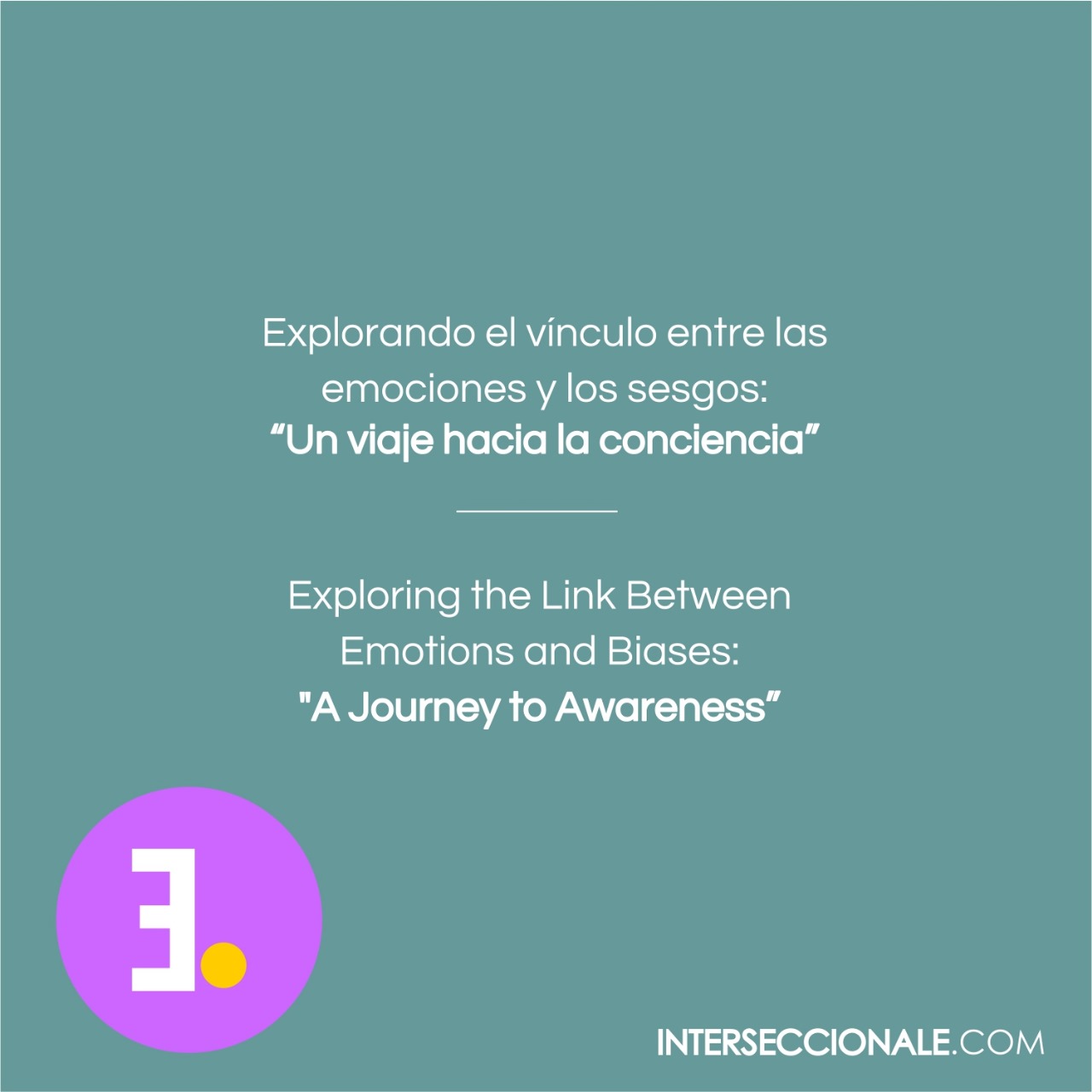Picture this scenario: you meet someone for the first time, and suddenly, you feel a slight unease or perhaps an inexplicable sympathy. These emotions, often subtle, can have a significant impact on how we interact with people. However, what we don’t always recognize is how these emotional reactions can lead to the formation of biases.
The Influence of Our Past Experiences
Our emotions and biases are deeply intertwined with our past life experiences. If we’ve had negative or positive encounters with individuals who possess certain characteristics, our emotions can predispose us to have biased attitudes toward those who share those traits.
Decision-Making and Our Emotions
When we are emotionally charged, we tend to make more impulsive and less rational decisions. This can result in biased judgments based on our momentary emotions, rather than an objective analysis of the situation.
The Significance of Self-Reflection
Acknowledging how our emotions are linked to our biases is crucial in combating them. Consistent self-reflection allows us to identify when our emotions are clouding our judgment and enables us to take conscious steps to rectify this.
Fostering Empathy and Understanding
To progress toward a more inclusive society, it’s vital to nurture empathy and understanding. This entails learning to control our emotions and being aware of how they can influence our biases. By doing so, we can forge more meaningful and equitable relationships with all individuals.

#EmotionalAwareness #MentalBiases #Empathy #SelfReflection #Diversity #SocialInclusion #PsychologyOfEmotions #PersonalReflection #Equity #DecisionMaking #EmotionalIntelligence #UnconsciousBiases #SocialPsychology #UnderstandingBias #OpenMindedness